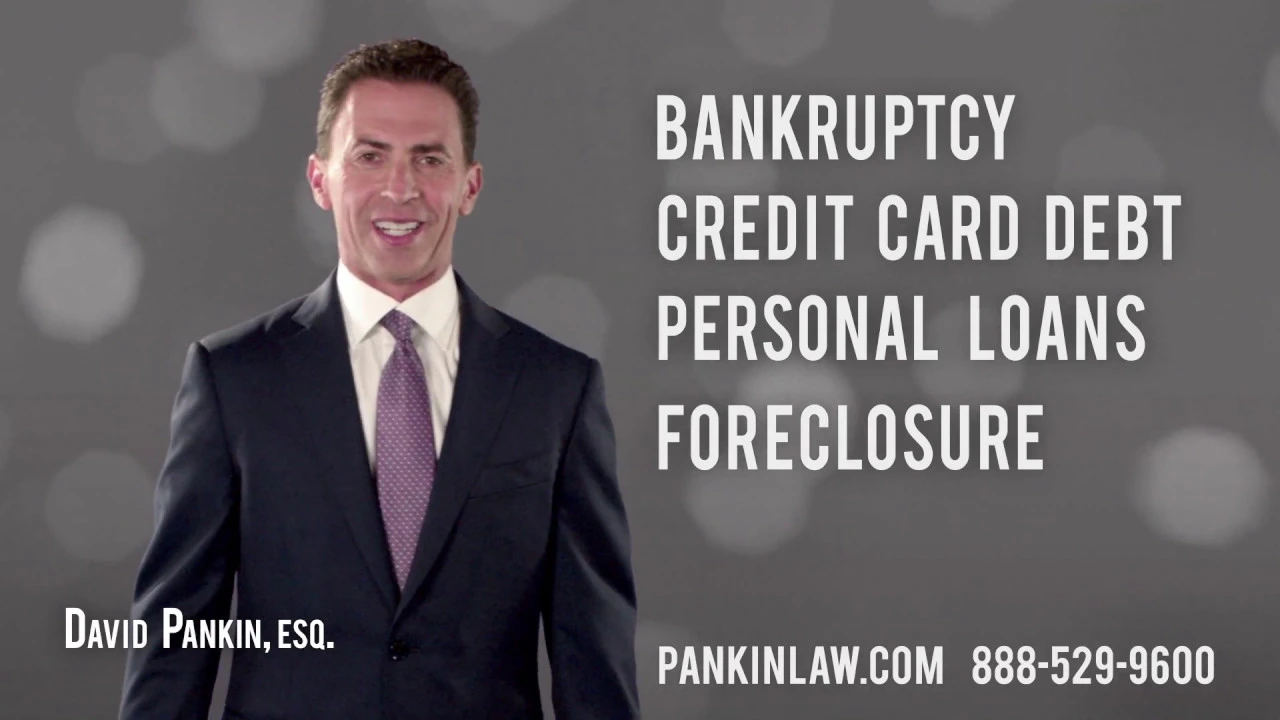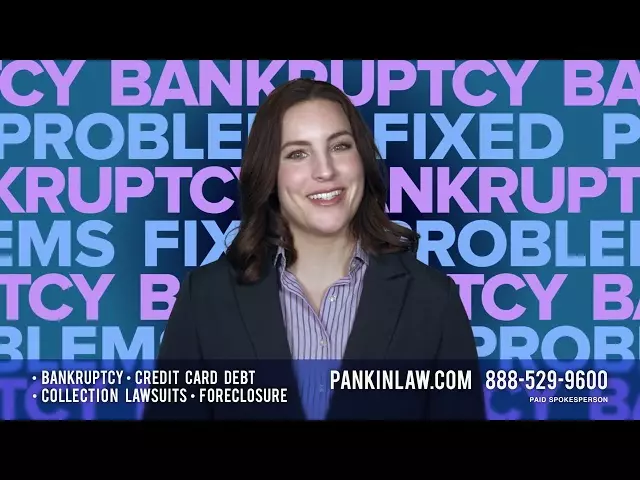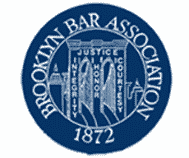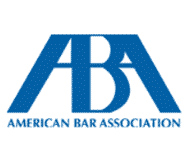
The Pitfalls of Filing Bankruptcy Pro Se (Without an Attorney)
When grappling with economic hardship, bankruptcy may provide the best opportunity to obtain a fast fresh financial start. While it is true that you are






5.0
Based On 540+ Reviews
Since 1995, David Pankin, Esq. has been fighting for consumers and small business owners as a New York bankruptcy attorney throughout New York City, Brooklyn, Staten Island, Queens, Bronx, and Long Island. During this time, the Law Offices of David I. Pankin, P.C. has represented over 15,000 clients with Chapter 7 bankruptcy, Chapter 13 bankruptcy, Chapter 11 bankruptcy, foreclosure defense, loan modification, predatory lending and other consumer protection matters. They have assisted New Yorkers struggling with credit card payments and high interest personal loans, facing wage garnishments or frozen bank accounts, as well as homeowners behind on their mortgage payments. For over 25 years, David Pankin and his legal team have worked diligently to help every client obtain a fresh financial start.
In addition to bankruptcy options, The Law Offices of David I. Pankin, P.C. also represent homeowners facing foreclosure lawsuits in state court. They have regularly stopped foreclosure sale dates, and when possible, enabled homeowners to retain their property through chapter 13 bankruptcy payment plans or by obtaining loan modifications. They have also represented consumers harassed by unscrupulous debt collectors for violations of fair debt collection laws, as well as for violations of consumer protection statutes.
The Law Offices of David I. Pankin, P.C. always offer a free and thorough consultation where you will meet with an experienced New York Bankruptcy lawyer. They will evaluate your financial situation and explore all your bankruptcy and foreclosure options, including fighting foreclosure and credit card lawsuits, obtaining loan modifications, and filing for bankruptcy.










Whether in New York or any another state, Bankruptcy Law is a federal law designed to assist individual consumers and businesses facing financial difficulties. Depending upon your situation there are a variety of bankruptcy options to help you obtain a fresh start.

What is unique about our firm, is that we offer a wide array of legal options for homeowners facing foreclosure. These options include: fighting the foreclosure in court (foreclosure defense), chapter 13 bankruptcy (getting a court ordered payment plan for past due mortgage payments), chapter 7 bankruptcy with loss mitigation, chapter 13 bankruptcy with loss mitigation, and negotiating loan modifications through a court ordered settlement conference or outside of court.
David I. Pankin, Esq. has been helping New York Residents get a financial fresh start.
We offer payment plans and affordable fees. We have three convenient office locations in Manhattan, Brooklyn and Long Island. Consultations are available in person, by telephone, or via live video stream. Contact us today for a free consultation.




When grappling with economic hardship, bankruptcy may provide the best opportunity to obtain a fast fresh financial start. While it is true that you are

In New York, prior to commencing a residential foreclosure action there are certain mandatory procedural requirements that a mortgage lender must comply with. Failures to

In today’s challenging economy, many New Yorkers have turned to Uber as a full-time or part-time source of income. Whether it is a primary source










Monday 9am to 6pm
Tuesday 9am to 6pm
Wednesday 9am to 6pm
Thursday 9am to 6pm
Friday 9am to 5pm
Saturday Closed
Sunday Closed
49 West 37th Street
7th Floor
New York, NY 10018
Tel: 212-465-0860
Fax: 718-508-4729
48 Willoughby Street
2nd Floor
Brooklyn, NY 11201
Tel: 718-243-2444
Fax: 718-508-4729
The Law Offices of David I. Pankin, P.C. provides bankruptcy, foreclosure and loan modification representation to clients throughout the New York area in boroughs that include Manhattan, Brooklyn, Long Island, Queens, Bronx and Staten Island. This website is a Legal Advertisement. Our firm assists in the discharge of debt. We help people file for bankruptcy relief under the bankruptcy code. The information on this website is for general information purposes only. Nothing on this site should be taken as legal advice for any individual case or situation. This information is not intended to create, and receipt or viewing does not constitute an attorney client relationship.